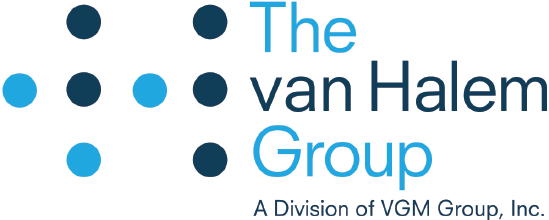In November 2017, CMS issued Change Request CR10324, which simplified the Proof of Delivery (POD) requirements. The change request touched on three specific areas: initial delivery, newly eligible beneficiaries, and compliance with the POD Requirements. The revisions to the Program Integrity Manual (PIM) were implemented and effective on November 20, 2017.
On January 17, 2019, the CMS Medicare Learning Network (MLN) issued a MLN Matters Article (SE19003) outlining these revisions. The article does not affect the previous implementation date of November 20, 2017, however, any published information from CMS should require suppliers' attention.
In examining the MLN article, DMEPOS suppliers are reminded of the following points in the initial equipment delivery:
- Upon receipt, the designee (who may not be any party with a financial interest) must legibly sign and accept the item(s). If the signature is not legible, the supplier/shipping service should note the name of the designee on the delivery slip.
- The beneficiary, designee, or the supplier should also enter the date of delivery.
- The date that the beneficiary got the DMEPOS item should be the date of service on the claim.
- If the supplier uses a delivery/shipping service, the supplier may use the shipping date as the date of service on the claim.
- The shipping date can be the date the delivery/shipping service label is created or the date the item is retrieved for delivery.
Reminders for beneficiaries that are newly eligible for the Medicare Fee-For-Service (FFS) program include:
- Medicare does not automatically assume payment for a DMEPOS item that was covered prior to a beneficiary becoming eligible for the Medicare FFS program - The supplier must ensure all Medicare requirements for payment are met
- Before Medicare begins to make payment, the supplier must examine the equipment and ensure it is in proper working order
- Medicare contractors will consider the proof of delivery requirements met for this type of beneficiary if the supplier has obtained a statement, signed and dated by the beneficiary (or beneficiary's designee), that the supplier has examined the item
- The supplier must also attest to the fact that it meets Medicare requirements
- DME MACs may request an attestation that the supplier examined the equipment and found it to be in proper working order
Lastly, the article touches on compliance with proof of delivery requirements. In part, the updated PIM provides that the UPIC has permission to request proof of delivery documentation if they have concern the beneficiary did not receive the items billed to Medicare. Further, audit contractors (CERT, RAC, SMRC and DME MACs) may request POD documentation as a condition of payment and can deny payment for items that do not have proof of delivery documentation or an attestation, in the case of a newly eligible beneficiary.
The article closes with the reminder that "Suppliers that consistently do not provide documentation to support proof of delivery of billed items may be referred to the Office of Inspector General (OIG) or National Supplier Clearinghouse (NSC) for investigation and/or imposition of sanctions. We remind suppliers that non-compliance with supplier standards may result in revocation from the Medicare program." Referrals to the OIG were in the original PIM, but the addition of NSC referrals and potential for revocation was added in 2017.
What does this mean to you? Anytime CMS highlights an issue, it should serve as an indicator to you, the supplier that audit contractors have it on their "list" of items to review. By publishing education articles, CMS has effectively educated you on the requirements, therefore, you cannot claim ignorance in an audit situation.
Given the time lapse between the CR's implementation date and the published date of the MLN article, it is reasonable to expect that your PODs will be under scrutiny in a claim audit. Now is a great time to re-examine your POD process to ensure that your team is correctly capturing information upon delivery. Also, review your policy for beneficiaries newly eligible to the FFS program to ensure the equipment is being examined and a proper attestation statement is obtained.
To review the MLN Matters article or the Change Request, click on the links below.
References

